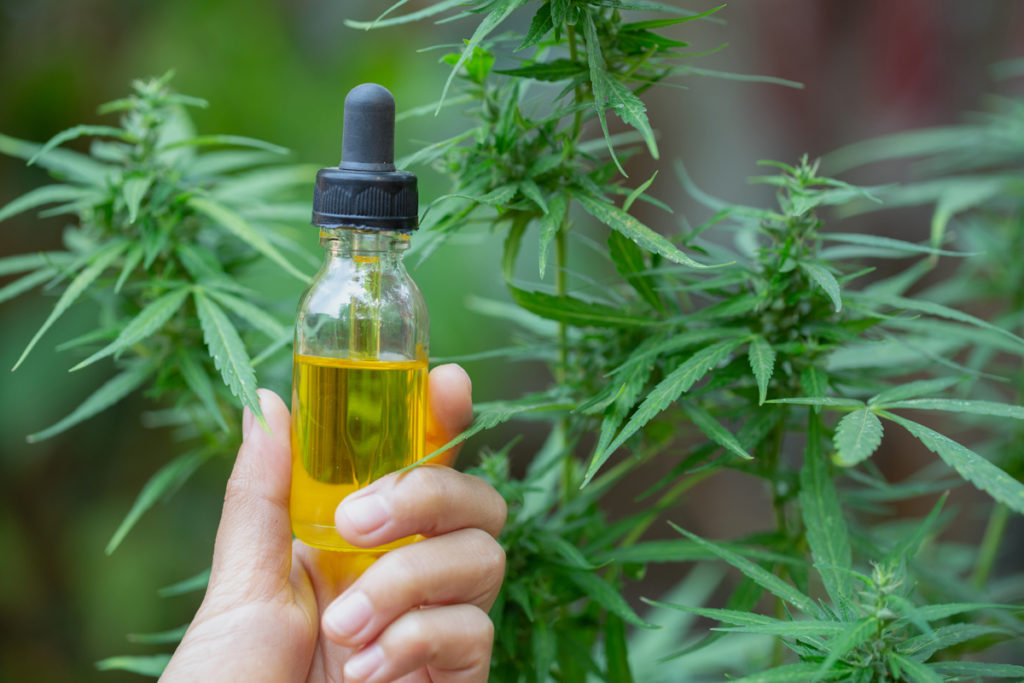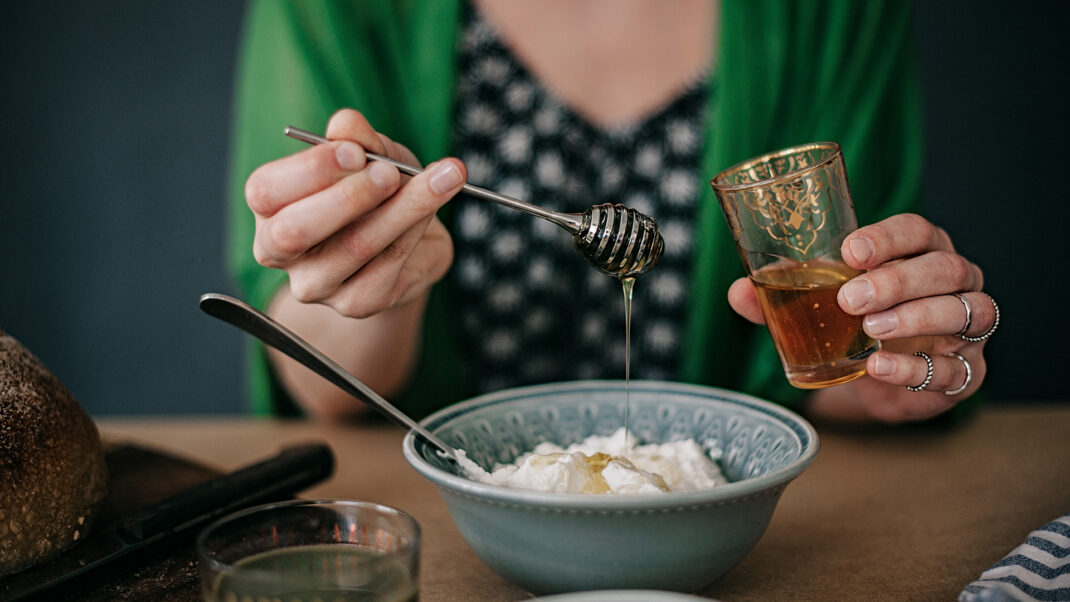The Market for CBD Products Is Booming
But will the CBD rage live up to its hype?

Passage of the 2018 Farm Bill opened America’s doors to hemp agriculture, from which cannabidiol (CBD) is derived. Since then, there has been a flood of CBD-infused foods and beverages hitting the market. (CBD that is extracted from other cannabis plants, including marijuana, is technically illegal on a federal level.) Everything from coffee to sparkling water to protein powder can now be found with CBD, and a recent survey reports that roughly 40% of U.S. adults ages 21 and over are willing to give these products a try. In 2017, U.S. hemp-derived CBD food and beverage sales totaled about $190 million.
Like tetrahydrocannabinol (THC), CBD is considered a cannabinoid—but without the psychoactive (“high”) side-effects of THC. Instead, proponents say CBD binds to receptors in the body’s endocannabinoid system to soothe muscle pain, stimulate better mood and sleep patterns, improve immunity, and more. Many of the purported perks have been marketed toward athletes, who are always eager for a legal way to get an edge.
For now, the sales pitch has outpaced the science. Past legal issues revealed a dearth of CBD research conducted on humans, which means that what you hear is largely anecdotal. And with no universal federal regulation of CBD’s use in food and beverage production, consumers can’t always be sure what they’re getting when buying a product. It remains to be seen whether energy bars and nut butters made with CBD do what manufacturers claim or whether this is another food fad destined to go up in smoke.
Matthew Kadey, MS, RD
Matthew Kadey, MS, RD, is a James Beard Award–winning food journalist, dietitian and author of the cookbook Rocket Fuel: Power-Packed Food for Sport + Adventure (VeloPress 2016). He has written for dozens of magazines, including Runner’s World, Men’s Health, Shape, Men’s Fitness and Muscle and Fitness.






